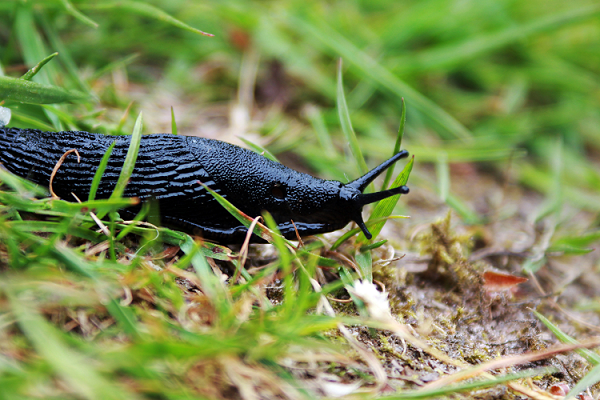All Winter Crops Update – November 2020
2 November 2020Slugs
Slugs are a threat to all autumn sown crops under the wet conditions experienced by most crops just now.
In oilseed rape, the crop needs to be protected from slug damage up until the 4-leaf stage. Cereal crops are particularly vulnerable to slugs up to GS12; beyond this stage they can usually grow away from any further damage. The later-sown the crop, the longer it takes to emerge and consequently the more time there is for slugs to inflict damage to the seed and shoots. For this reason, avoid sowing seed too deep, as this prolongs even further the time needed to get to GS12. For wheat crops still to be sown, creating a fine seed bed will reduce the risk of slug damage (difficult under the current weather conditions though), and slug trapping is recommended in fields still to be sown to assess the risk of slug damage.
Generally, a pre-emergence application of pellets with a follow up post-emergence if damage is seen tends to do the job.
The Metaldehyde Stewardship Group (MSG) stewardship guidelines still apply for the use of metaldehyde molluscicide products this autumn and next year. No metaldehyde pellets should be allowed to fall within a minimum of 10 metres of any field boundary or watercourse. If treatment with metaldehyde products is necessary, it’s imperative to refer to the full set of MSG guidelines which can be found here
Note that ferric phosphate slug pellets do not have any restrictions on use and tend to be just as effective as metaldehyde slug pellets and can be applied up to the field boundary.
Sign up to the FAS newsletter
Receive updates on news, events and publications from Scotland’s Farm Advisory Service

